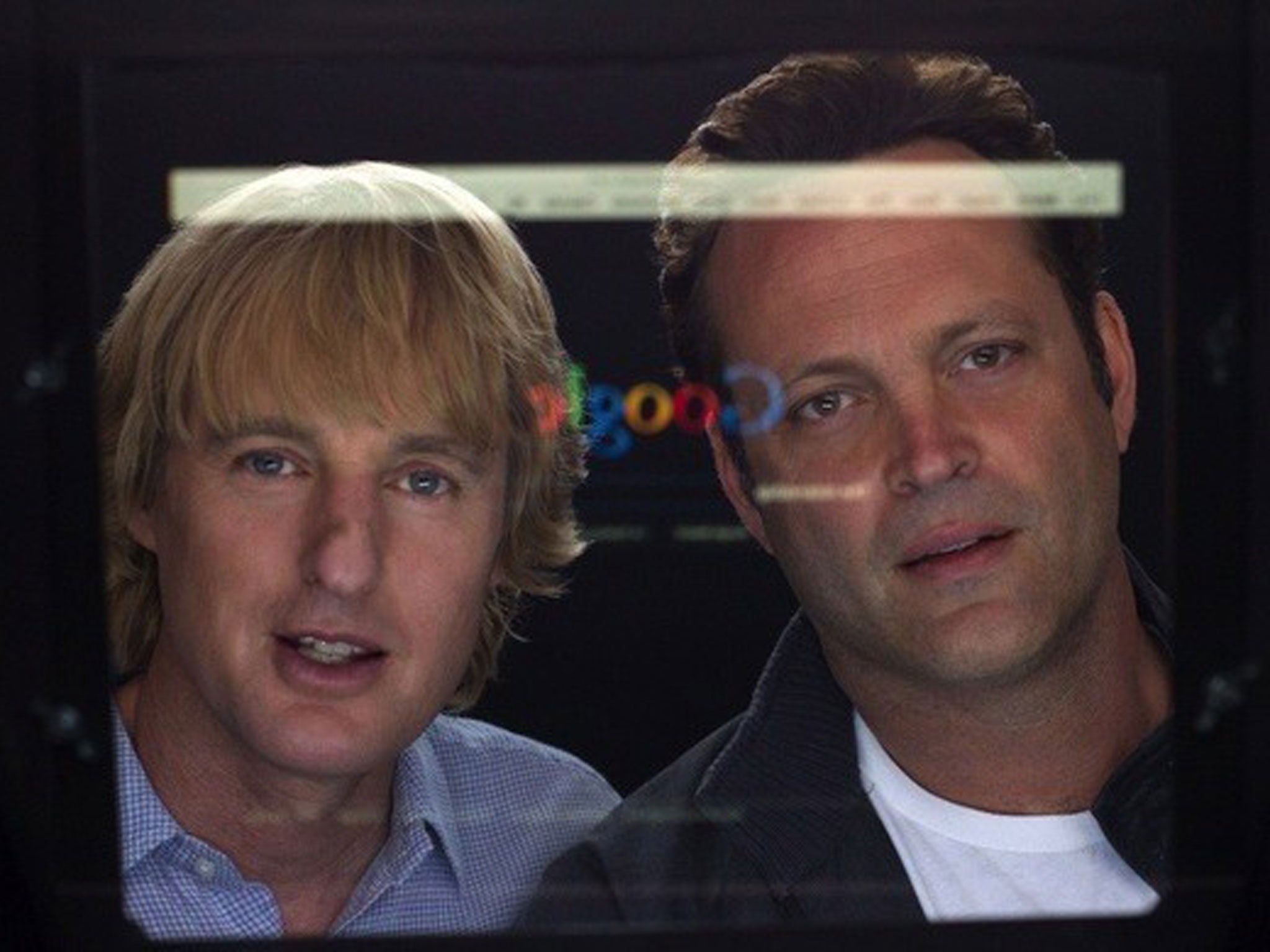Top British universities lead the charge against unpaid internship culture

Your support helps us to tell the story
From reproductive rights to climate change to Big Tech, The Independent is on the ground when the story is developing. Whether it's investigating the financials of Elon Musk's pro-Trump PAC or producing our latest documentary, 'The A Word', which shines a light on the American women fighting for reproductive rights, we know how important it is to parse out the facts from the messaging.
At such a critical moment in US history, we need reporters on the ground. Your donation allows us to keep sending journalists to speak to both sides of the story.
The Independent is trusted by Americans across the entire political spectrum. And unlike many other quality news outlets, we choose not to lock Americans out of our reporting and analysis with paywalls. We believe quality journalism should be available to everyone, paid for by those who can afford it.
Your support makes all the difference.Advertising unpaid positions for new graduates has now been banned by several leading UK universities.
Following the news that Labour MP Hazel Blears' bill to make advertising unpaid internships illegal has been delayed until at least next year, top universities including York, Reading, Leeds and Liverpool are taking the initiative and boycotting the promotion of unpaid positions.
The expectation that new graduates will work for nothing in order to break into competitive professions has led to a full year working unsalaried becoming the norm, particularly in the media and the arts. According to a recent YouGov survey conducted in collaboration with the National Union of Students, up to 10 times the number of those currently aged 18-24 years have worked unpaid, with only a fraction of those aged 40 or over having felt the need to do so. Recent research by the TUC suggests that only 12 per cent of young people actually have the means to work away from home for free - effectively, not being paid for work means that one actually pays to work, and very few can afford it.
While unpaid 'work experience' that would help to acquire a job is legal, should this last for a considerable length of time or involve defined hours and duties it is legally 'work' and should be paid. Prompted by the campaigning organisation Intern Aware, HMRC is already investigating the 100 businesses that may be breaching National Minimum Wage laws by failing to pay those workers who could not realistically be thought of as on work experience.
Alex Brannen of Reading University says that "In the interests of equality and fair access to all students, we do not endorse or promote unpaid internships, and employers are advised that this is our policy. Work placements and internships are becoming increasingly important to help graduates move into managerial or professional careers, and all undergraduate courses at Reading offer a placement opportunity. The University's own scheme provides paid internships."
Oxford University asks all employers to offer the minimum wage, and will only advertise unpaid posts lasting less than four weeks or for charities and voluntary organisations, with Sussex University following a similar policy. Likewise, Edinburgh and Cardiff refer to the AGCAS position statement, which recommends that universities "do not advertise internships which contravene current legislation."
Although Cambridge University does advertise unpaid internships, the University takes a proactive approach to supporting students who take "their own personal decision" to apply for unpaid opportunities and offers 60 internship bursaries worth £500 each year. Gordon Chesterman, Director of the Cambridge University Careers Service, also said today that the university had enjoyed "several successes convincing organisations to offer some wage, contribution towards travel and subsistence costs or a cheque at the end of the placement."
Other universities refusing to promote such positions include Nottingham, Essex and Sussex.
Join our commenting forum
Join thought-provoking conversations, follow other Independent readers and see their replies
Comments